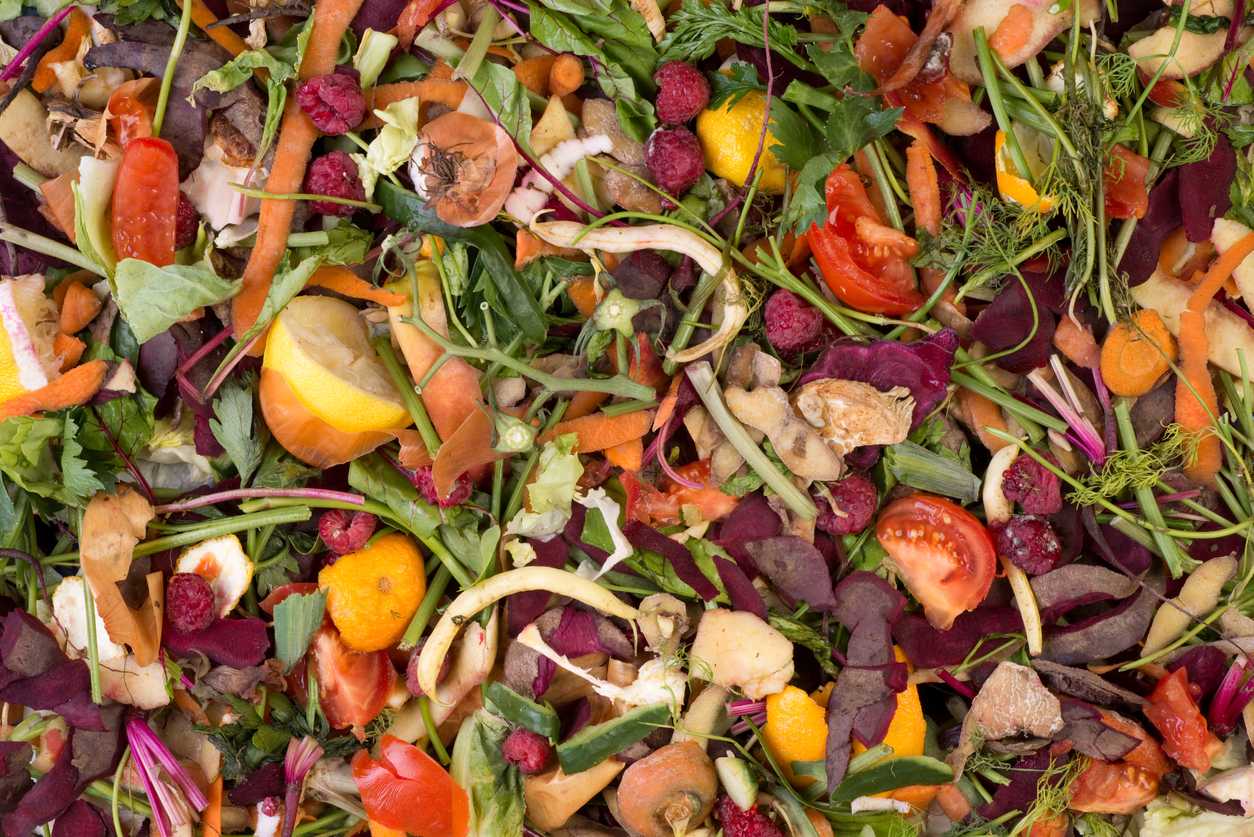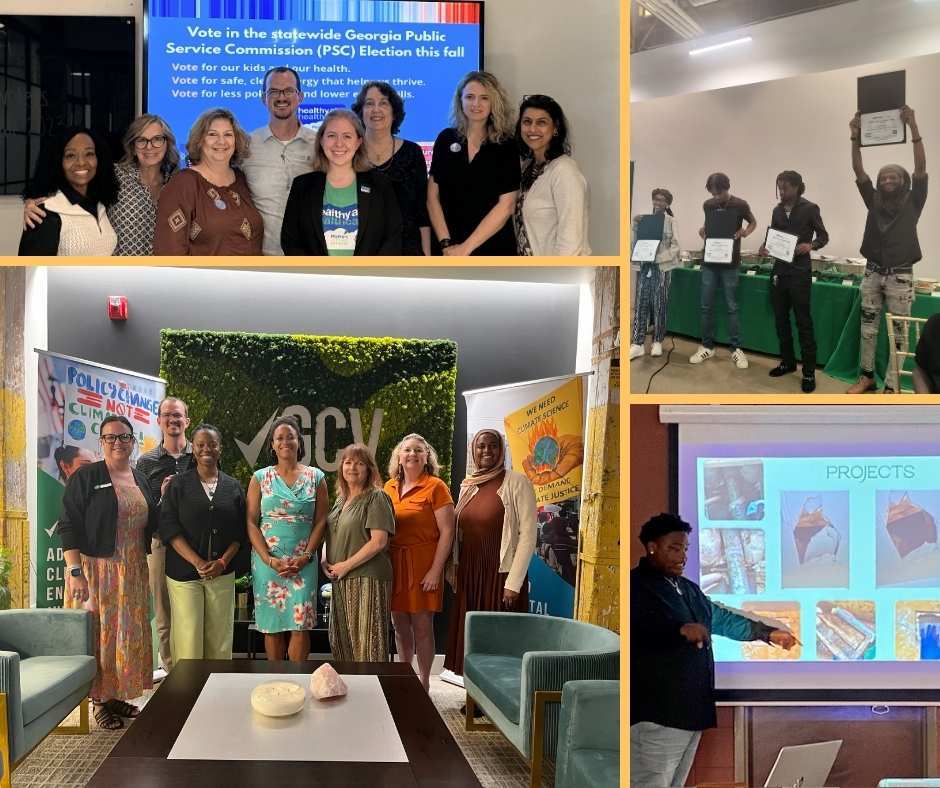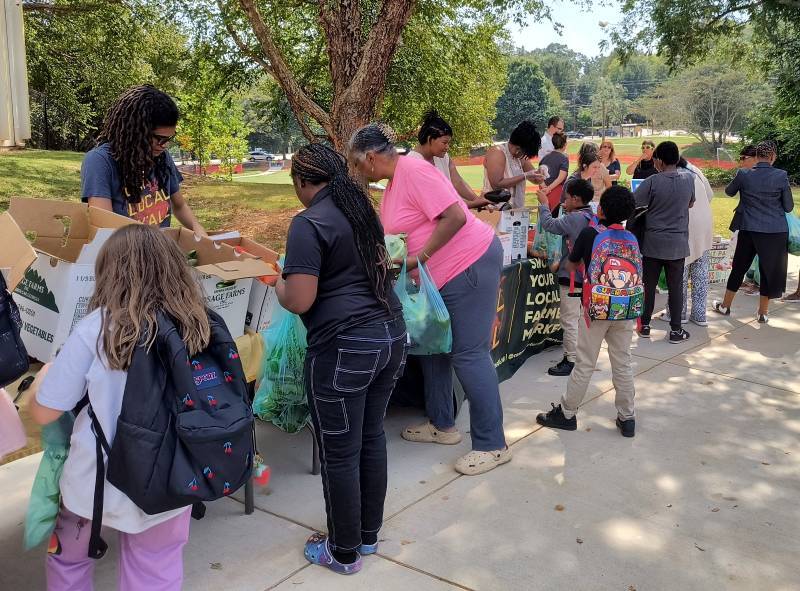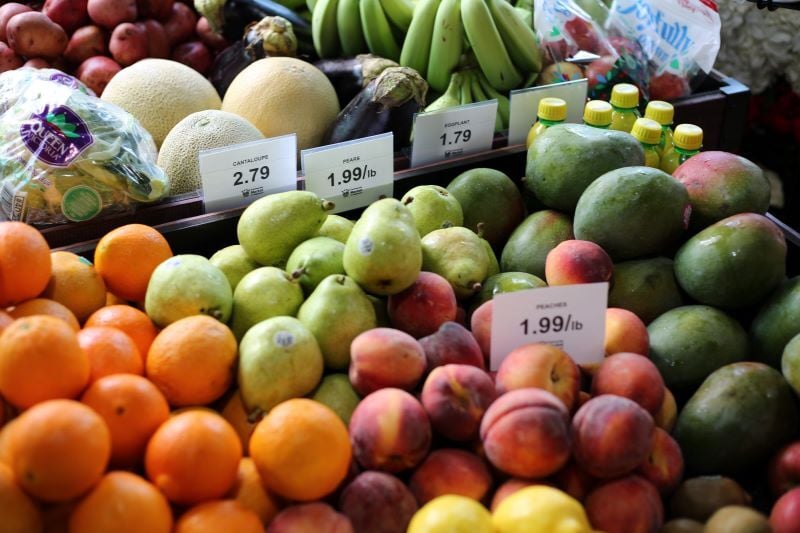Would you like to see composting continue to grow as a climate solution in the State of Georgia? If so, you’ll want to learn more about the Georgia Composting Council.
Why is Composting such a Critical Climate Solution?
It starts with soil, an often overlooked resource. Caring for it ensures healthy food, clean water, and clean air. Organic matter like food trimmings and scraps, yard waste, manure, and municipal biosolids help create healthy soil.
These often wasted materials can all be composted and applied to soil to provide the nourishment it needs. Healthy soils contribute to the health of plants and trees that sequester carbon and store it in the soil. They can also serve as a tool for climate resilience, as healthy soils improve water infiltration and retention and reduce erosion.
How can we continue to scale composting, a key climate solution in our state? That question is the focus of the newly-formed Georgia Composting Council.
Introducing the Georgia Composting Council
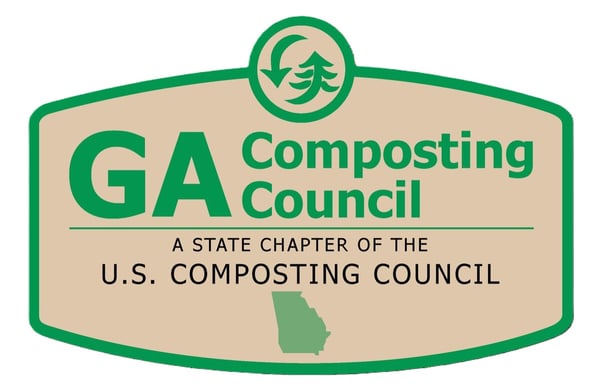
Recently, stakeholders across the state of Georgia came together to form the Georgia Composting Council (GACC), the 16th chapter of the United States Composting Council. The Georgia Composting Council promotes the composting industry and the reduction, reuse, and recycling of organic material through the support of infrastructure development, quality control, training, legislative and regulatory advocacy, and public education throughout the state of Georgia.
Georgia is a vibrant state with food manufacturing, food processing, and agricultural industry. With a strong and growing focus on regenerative agriculture, climate change, and circular economy in Georgia, the Council will play an integral role in assuring composting is elevated as a significant component in achieving long-term progress toward a more sustainable Georgia.
A Closer Look at Food Waste and Climate Change in Georgia
All too often, organic materials that could be composted to nourish our soil such as food residuals and yard waste end up in landfills and further exacerbate climate problems. Nationally, food waste accounts for 58% of the methane emissions from municipal landfills.
According to most recent data, leftover food materials like banana peels and other food in household waste make up 12%, or more than 800,000 tons, of the waste sent to Georgia landfills each year. Nearly half of that comes from the greater Atlanta area. This represents the largest single category of solid waste going into Georgia’s landfills.
Transforming this “waste” into compost, a valuable resource, is a tool Georgia communities, municipalities, and individuals can use to reduce greenhouse gasses and combat climate change.
>> Learn more about how food waste contributes to greenhouse gas emissions in Georgia.
Composting to Solve for Climate and the Problem of Food Waste
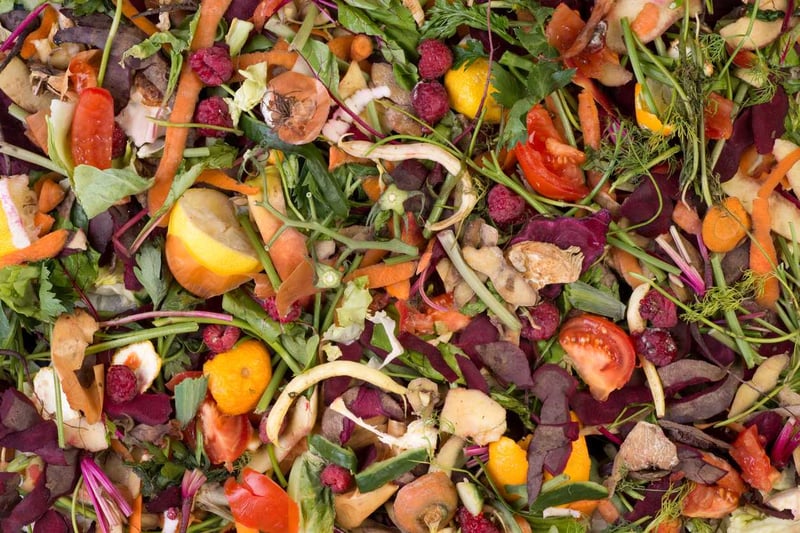
There are so many ways that individuals, businesses, and communities can participate in diverting materials from landfills and creating healthy local soils. Solutions range from backyard composting and small-scale community composting sites to residential compost and yard waste collection programs, corporate compost programs, and larger compost manufacturing operations.
>> Read about other Georgia-grown solutions to the problem of food waste.
Economic Benefits of Composting in Georgia
Investing in composting infrastructure and programming is also an investment in Georgia’s green economy. In the waste sector, composting creates twice as many jobs as landfilling and four times as many as incineration. The end product also creates new jobs related to the sales of compost products. For communities, creating and expanding compost infrastructure can also reduce expenses associated with remediating landfill sites, as landfill use declines with the increased diversion of materials.
Composting plays an increasingly vital role in scaling climate solutions by diverting organic matter from residential, agricultural, commercial, institutional, and industrial sectors into a beneficial end-use product that improves soil health.
Take Action on Climate with the Georgia Composting Council
Individuals, organizations, and municipalities can visit the Georgia Composting Council website to learn more about the Council and find out how to get involved in the GACC’s work by becoming members or by getting involved in one of the council’s four committees: Membership, Advocacy, Education/Communications, and Programs and Events.
The Council plans to focus its efforts on increasing statewide awareness and understanding of the multifaceted value of composting through various advocacy efforts. These include showing support for the inclusion of composting in county and regional comprehensive solid waste management plans and local zoning and bringing more resources to the state to develop the industry through education, funding, and marketing.
How to Compost at Home in Georgia
Are you interested in learning how to start a composting system at home? Drawdown Georgia’s “How to Compost at Home in Georgia” Toolkit is filled with helpful tips and answers to common questions.


